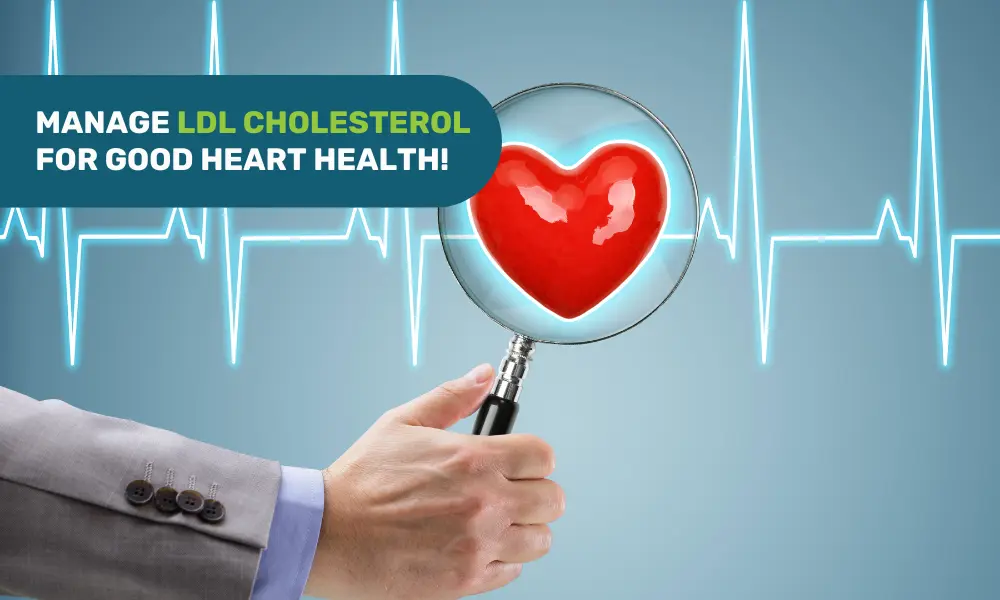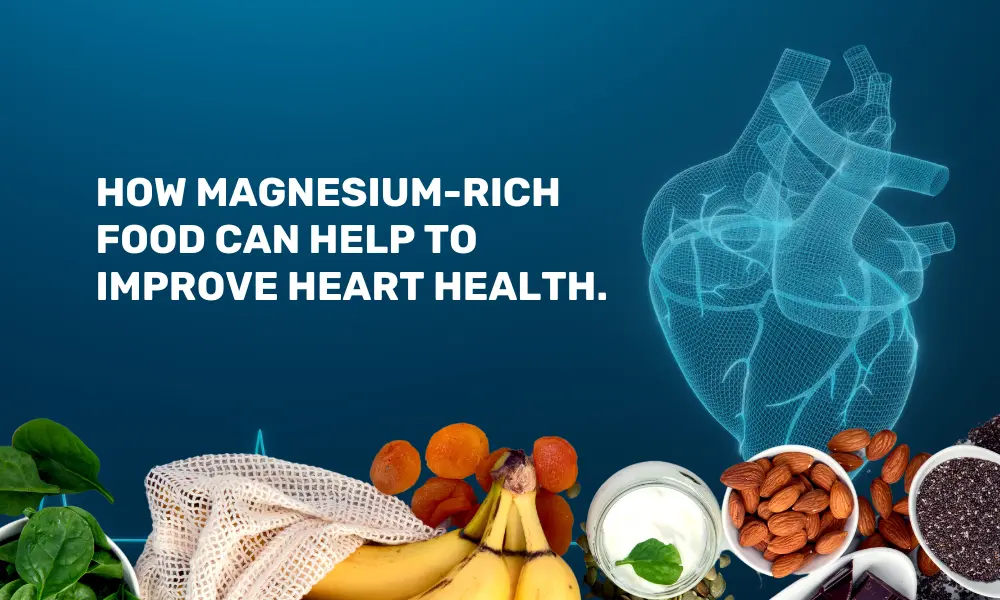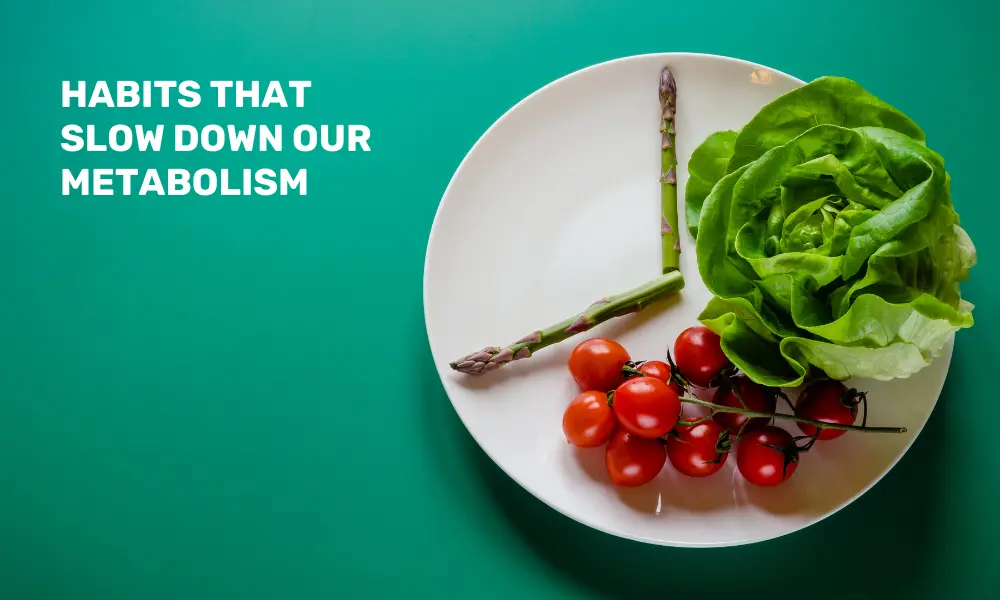High cholesterol, especially LDL (bad) cholesterol, can substantially increase the risk of heart attacks and strokes by plaque buildup in arteries. Reducing cholesterol levels naturally is a proactive approach to maintaining heart health and preventing cardiovascular diseases.
Table of Contents:
-
LDL Cholesterol
-
Alarming indications of high cholesterol
-
Ways to lower cholesterol levels
-
Factors that cause High Cholesterol
LDL cholesterol
Cholesterol is a fat-like, waxy substance that is vital in the body for the formation of cell membranes, certain hormones, and vitamin D. Because cholesterol is fat soluble, it doesn’t dissolve in water, it needs the help of lipoproteins to travel through our bloodstream. The two significant forms of lipoprotein are LDL cholesterol and HDL cholesterol.
High levels of low-density lipoproteins (LDL) are also referred to as “bad cholesterol.” When the level of LDL cholesterol is too high, fatty deposits can begin to build up in our blood vessels, causing a cascade of other issues. This is because the increase in plaque decreases blood flow throughout our body, especially to our heart and brain, thereby increasing the risk of a heart attack or a stroke.
Alarming indications of high cholesterol
High cholesterol generally does not have any symptoms until it is an emergency event. The only way to know if an individual has a high level of LDL cholesterol is through a blood test.
Untreated high levels of cholesterol can lead to plaque formation in the arteries over time, damaging the heart and putting an individual at risk for a heart attack or stroke. One must keep an eye out for heart attack or early stroke symptoms like:
-
Nausea and Numbness
-
Extreme fatigue
-
Slurred speech
-
Shortness of breath
-
Chest pain or angina
-
High blood pressure
Factors that cause High Cholesterol
One could be at risk of high cholesterol regardless of their age or gender. However, certain factors that may cause high levels of cholesterol may include:
-
Consuming an unhealthy diet
-
Lack of regular physical movement or exercise
-
Being obese or overweight
-
Smoking tobacco products
-
Having a history of high cholesterol or familial hypercholesterolemia
-
Having diabetes or kidney disease
A healthy diet is rich in fiber, fruits, vegetables, whole grains, healthy fats, regular physical activity, and weight management can positively impact cholesterol levels. Simple lifestyle changes, such as managing stress and quitting smoking, can further support the effort to reduce cholesterol levels naturally and improve overall cardiovascular well-being.
Here are some practical ways to lower cholesterol levels without medication:
-
Healthy Diet: One must eat a diet rich in fruits, vegetables, whole grains, and lean proteins. Reducing saturated and trans fats found in red meat, full-fat dairy, and processed foods can be helpful. One must opt for healthier fats like those found in nuts, seeds, avocados, and olive oil.
-
Increase Soluble Fiber Intake: Soluble fiber helps lower LDL (bad) cholesterol levels. One must include sources of soluble fiber in their diet, such as oats, barley, legumes, fruits, and vegetables.
-
Regular Exercise: One must engage in regular physical activity, such as jogging, brisk walking, swimming, or cycling. Exercise helps increase HDL (good) cholesterol levels and improves overall cardiovascular health.
-
Healthy Weight: Losing excess weight can positively impact cholesterol levels. Aim for a balanced and sustainable weight loss plan through a combination of diet and exercise.
-
Alcohol Consumption: Moderate alcohol consumption may have some cardiovascular benefits, but excessive drinking can raise cholesterol levels substantially and contribute to other health issues.
-
Quit Smoking: Smoking not only lowers HDL cholesterol but also damages blood vessels, leading to a higher risk of heart disease. Quitting smoking is crucial for heart health.
-
Manage Stress: Chronic stress can influence cholesterol levels. One must practice stress-reducing techniques such as meditation, yoga, deep breathing, or engaging in hobbies you enjoy.
-
Omega-3 Fatty Acids: One must incorporate foods rich in omega-3 fatty acids, such as fatty fish (mackerel, salmon, sardines), flaxseeds, and chia seeds, which can help lower triglyceride levels and improve overall heart health.
-
Green Tea: Drinking green tea regularly can have a modest effect on reducing LDL cholesterol levels.
If one has cholesterol level concerns, then one must consult a specialist for personalized advice and guidance. By adopting a healthy lifestyle and making dietary adjustments, it is possible to lower cholesterol levels without medication.





